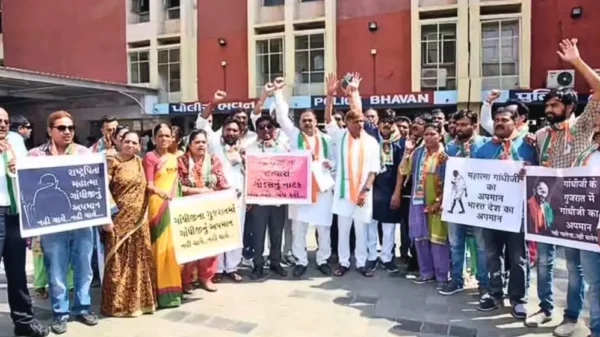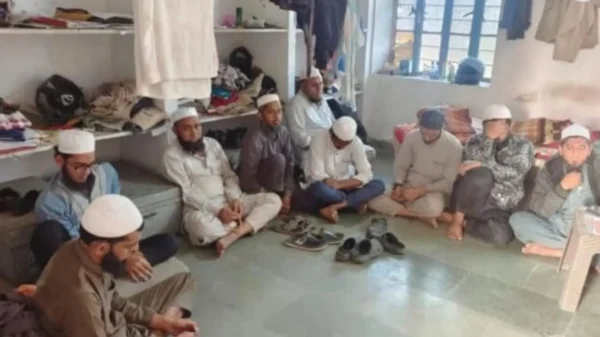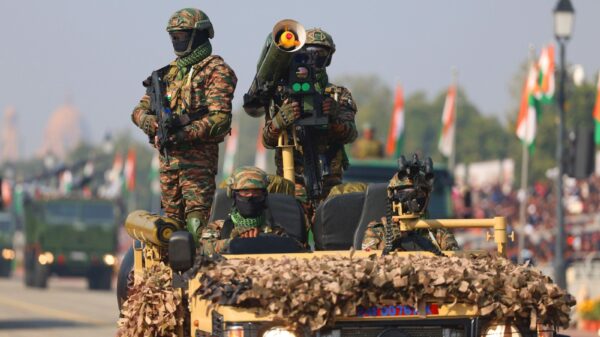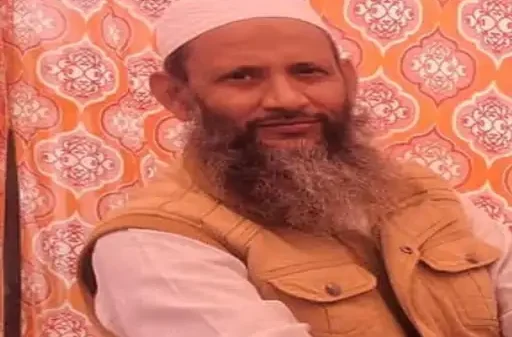In a move against the recent Supreme Court ruling, the All India Muslim Personal Law Board (AIMPLB) has announced its intention to challenge the court’s decision mandating alimony for Muslim women beyond the ‘Iddat’ period. The board, convening in Delhi, said that according to Islamic Sharia law, a woman is entitled to maintenance only during her ‘Iddat’ period following divorce, after which she is free to remarry.
“The SC ruling on Muslim divorcee (woman) is against the Islamic Law (Shariah). It will create further problems for these women who have come out of their painful relationship,” stated the AIMPLB in a resolution following its Working Committee meeting.
The board argued that the responsibility for children’s expenses rests with the husband if they reside with the mother after divorce. They further said that Indian Muslims should adhere to Sharia law’s principles, including providing daughters with a share in property.
Reacting strongly to Uttarakhand’s recent implementation of a Uniform Civil Code (UCC), AIMPLB member Kamal Faruqui said, “The UCC is not acceptable to us under any circumstances and we will challenge this law in court.” He said that the Constitution guarantees freedom to follow religious laws, such as the Sharia Application Act of 1937 for Muslims.
Dr. Qasim Rasool Ilyas, AIMPLB spokesperson, criticized the notion of uniform laws in India, stating, “India is a country of diversity, so if everyone will be made equal, it would trigger unrest.” He said that it was impractical and undesirable to impose a UCC in a multi-religious and multicultural society.
Regarding the Supreme Court’s ruling on alimony, Ilyas said that the decision contradicts Islamic principles and could lead to reluctance in granting divorces, thus prolonging bitterness in relationships.
“In a multi-religious country like India, ‘Hindu Law’ is available to Hindu citizens and similarly, Muslims have the ‘Shariah Application Act 1937’. As per Article 25 of the Constitution, all religious entities have the right to practice their religion,” the AIMPLB reiterated.
The AIMPLB also voiced apprehension over recent incidents of mob lynching across India, urging legal authorities to uphold the rule of law and protect religious minorities. They raised concerns about threats to mosques in Delhi’s Lutyens’ Zone and emphasized the need to safeguard Waqf properties from encroachment.
In addressing legal challenges ahead, AIMPLB spokesperson Dr. Ilyas said, “We are exploring all possible measures to safeguard the rights guaranteed under Sharia law and prevent the imposition of uniform civil laws.”































































